How to Cultivate Joy from Photography and Evolve as a Photographer
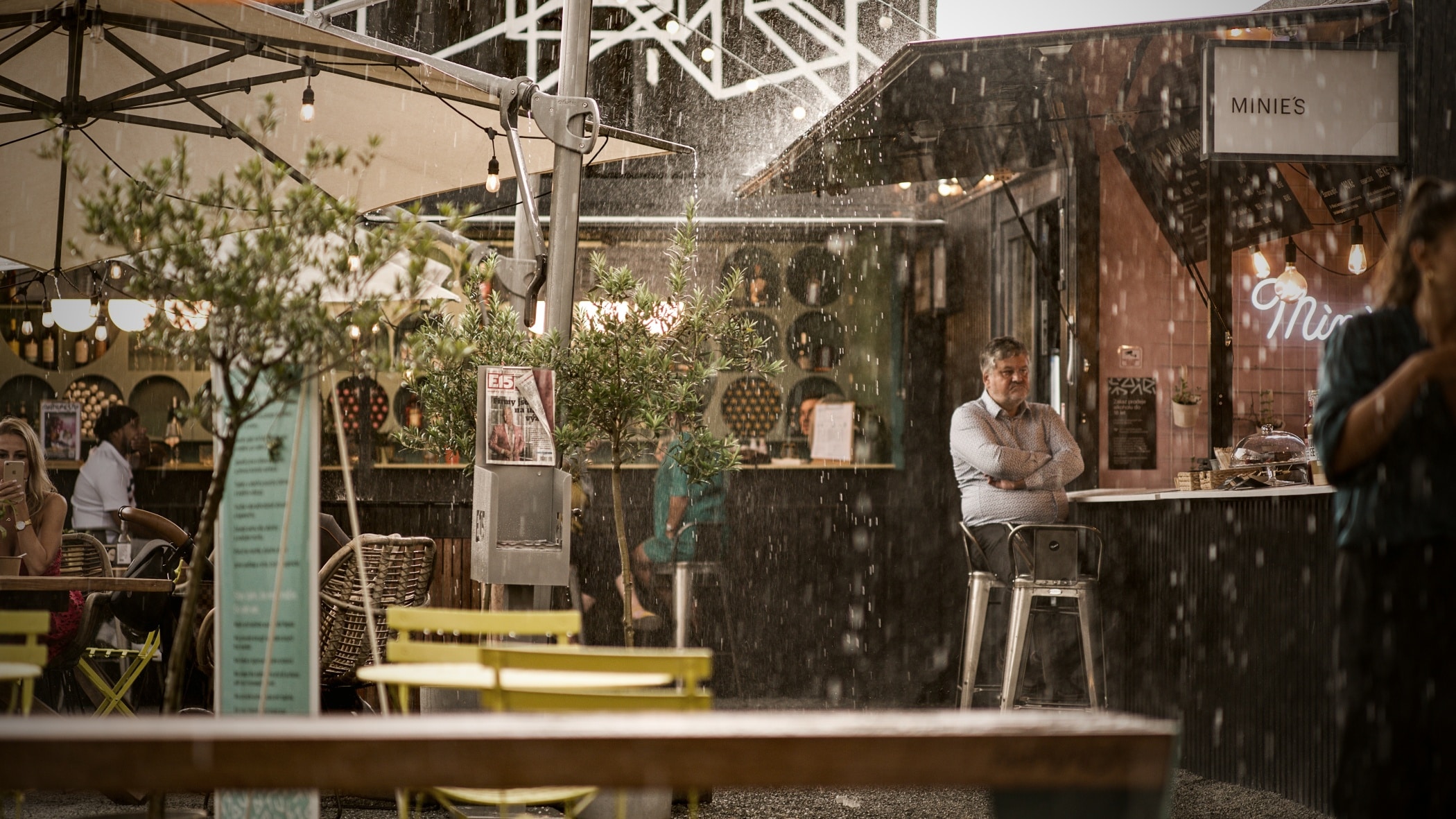
How do we grapple with burnout as photographers? Where do we seek out new inspiration? How do we learn to trust our gut and let our instincts drive what we do? What leads to dissatisfaction in our work? Why do some of us see our own photography as ugly? In this article, we’ll give you suggestions that will help you awaken your creativity and in turn, get energy and passion for more photography.
For those of you that are familiar with my articles, you know that I strongly believe in the connection between psychology and photography. I also think that our psychological state affects how we take pictures, how we perceive our photography, and how we motivate ourselves to continue taking pictures. The lessons I’ve learned may not work for everyone because everyone is different. However, it’s my hope that you’ll find something in my article that you can identify with. Or perhaps you’ll walk away with new energy and inspiration for your photography.
Everyone can get burned out, but there are ways to combat it
Burnout is the result of stress that can be experienced by photographers, just like any other line of work. You can get burned out or have artist’s block. You may lack the desire to do what you enjoy or feel put off by your own work. Symptoms such as lack of energy and desire to do photography, exhaustion, and reluctance to work are signs that you aren’t well and something needs to change. Whether photography is your job or just a hobby, there will be times when you may feel it slipping away from you.
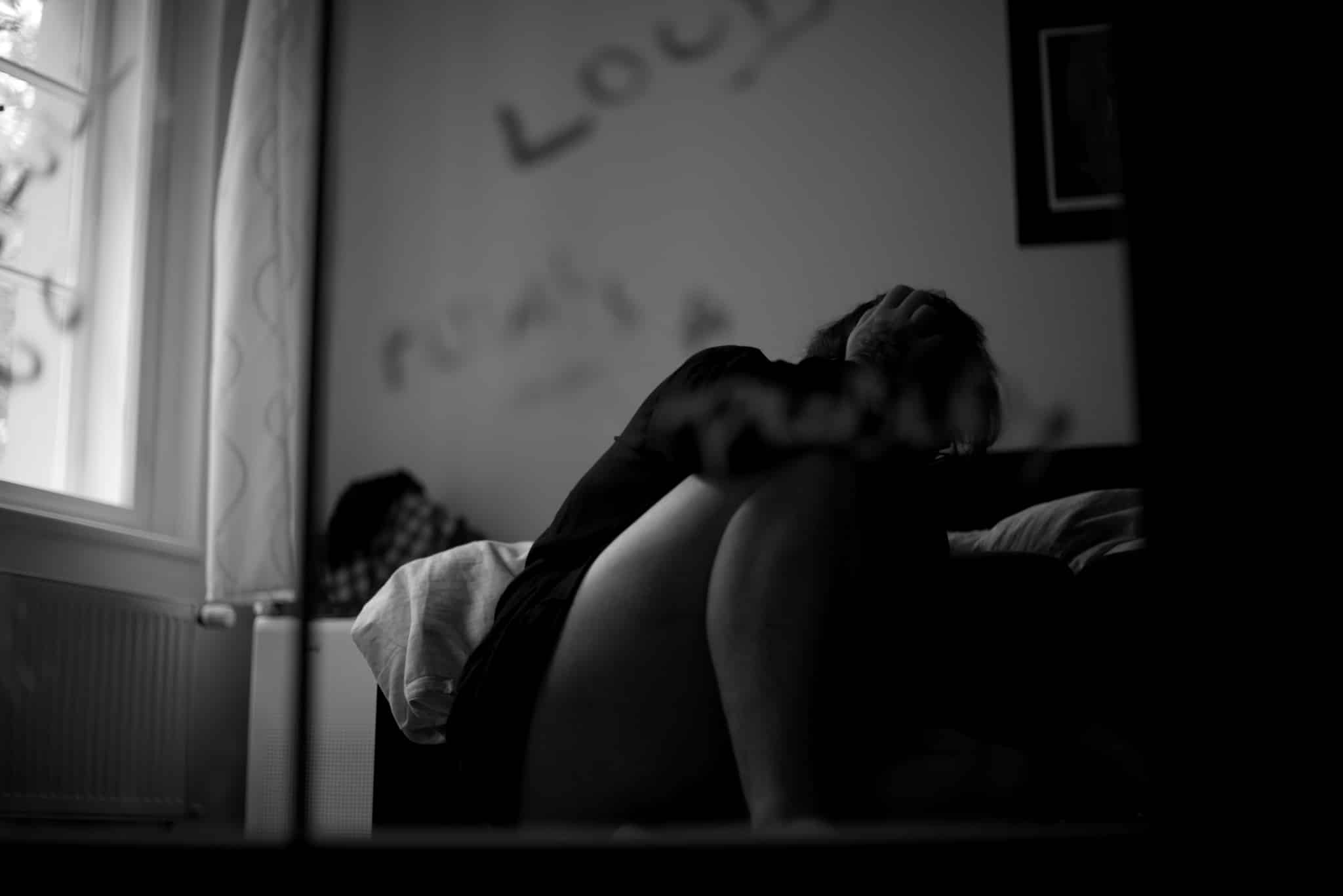
Nikon D750, Nikon 50mm f/1.4 AF-S NIKKOR G, 1/100s, f/1.6, ISO 200, focal length 50mm.
It‘s important to keep in mind that what you are feeling is not laziness or incompetence. It is by no means your fault. Anticipating burnout is complicated. You rarely ever see it coming in time. Burnout is our body’s physical reaction, similar to a cold or a broken bone. The first step is to stop blaming yourself because it is fruitless.
Take a close look at what is wrong and use that to decide how to move forward.
Take a break
If you usually don’t have problems with your photography but find yourself truly unhappy with your photography, then you are clearly not yourself and it is a good idea to take a break from photography for a bit. You’ll return to it with a clear head. It’s completely normal that you will begin to dislike your older photography as time passes because you have grown. However, if photos that are only one month old suddenly seem terrible and you downright hate them, then it is time to stop listening to yourself. Recognize that you are not yourself and some time and rest will mend all.
Try something new
If you don’t feel fulfilled by the genre that has sustained you in recent years, try something new. Try completely changing your genre. For instance, instead of nature and landscape photography, try portrait photography. You can also try product photography, reportage, or street photography …anything that strikes your fancy. You may not be good at it when starting out, but don’t let that discourage you!
Try something new with the understanding that it will take some time before you make it your own. Change is always difficult and no one is good at everything right away. Even if you are an experienced photographer, you are delving into something new and are a beginner again. You can also try changing what you already know. For example, I do cosplay photography and sometimes I like to take a break from it by doing ordinary portraits or couples photography. It is still portrait photography, but different enough.
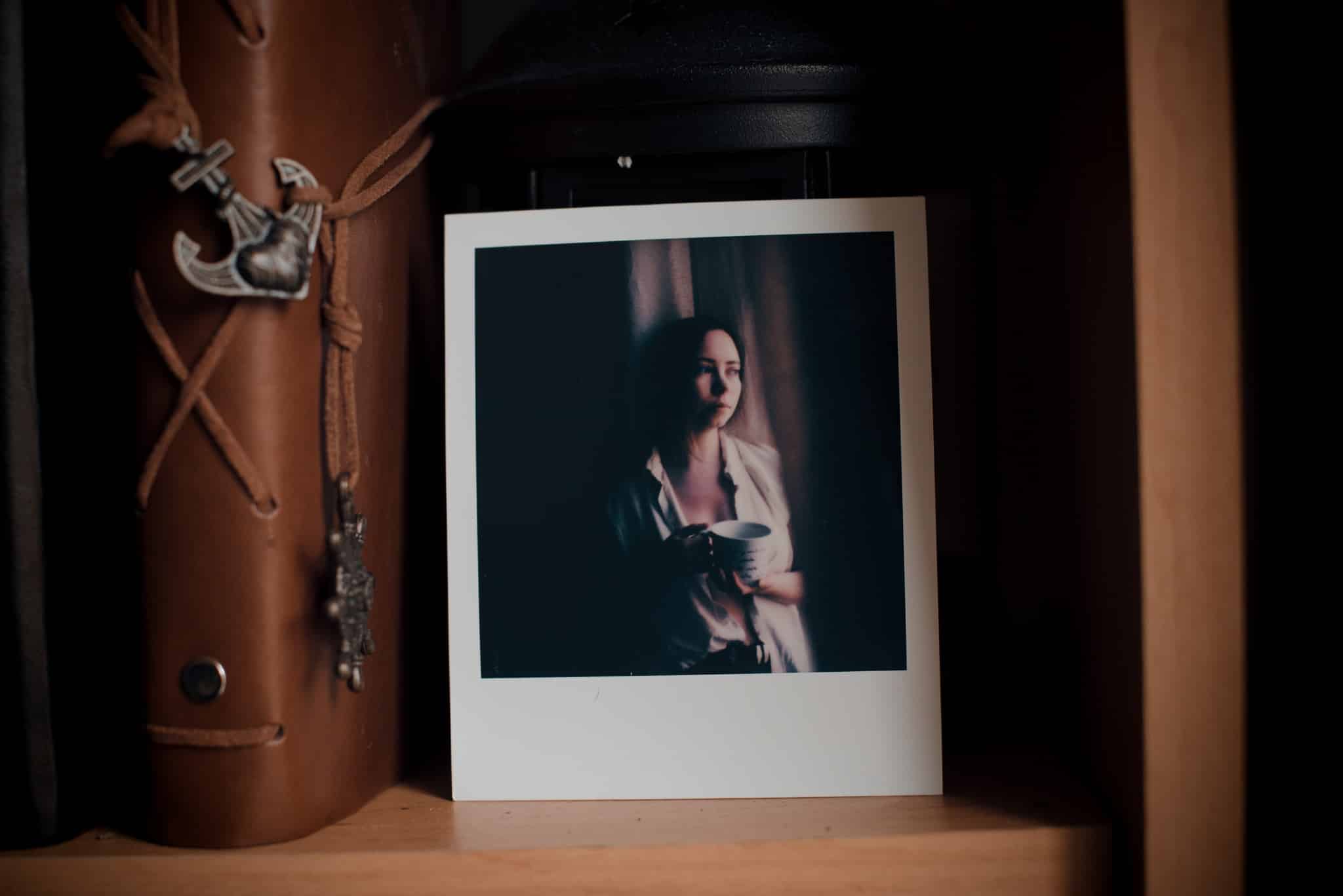
Polaroid SX-70.
Dedicate time to your own creative projects
If you are put off by photography in general, there are several things you can do. If you shoot one gig after another, try setting up some TFP photography. TFP photography is completely in your control and provides you with your own space for expression. This is sure to give your creativity a boost.
You can also try stepping away from photography completely. Or, remove yourself from social media for some time. Social media can be incredibly demotivating for photographers. There are more ways to take a break from photography that will give you time to breathe and think about your next steps.
You need to find out what is bothering you and either remove it or change it. Think about what you expect from your clients, models, and work. Focus on the kind of photographer you want to be and where you want to go. If there is something holding you back, find a way to leave it behind.
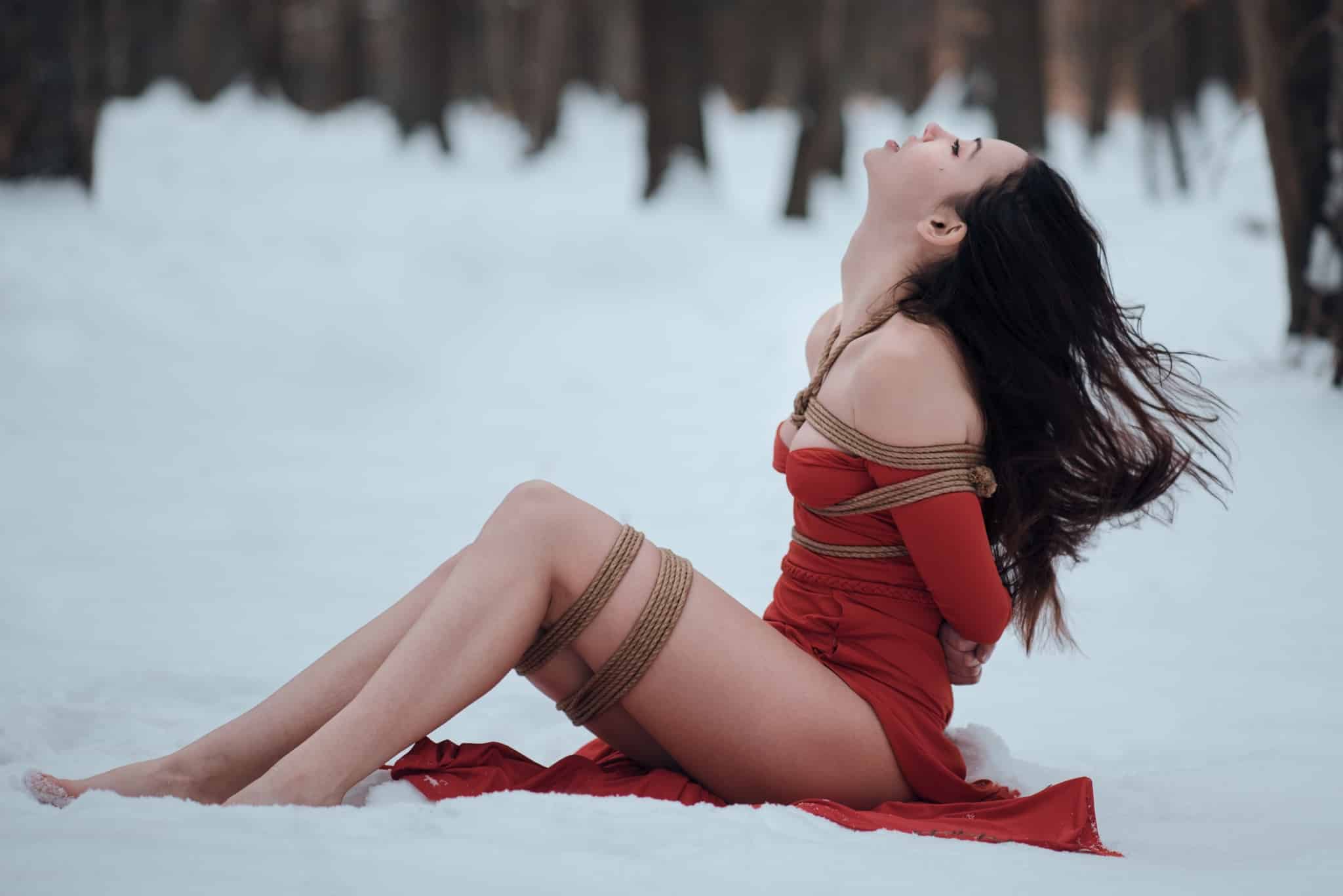
Nikon D750, Nikkor 105mm Ai-S f/2.5, 1/800s, f/2.8 (approx.), ISO 200, focal length 105mm.
Seek out inspiration
Inspiration is a critical part of the creative process of photography. We should always be open-minded to anything that we find interesting. The internet and social media such as Facebook, Instagram, Pinterest, Twitter, DeviantArt, and others, can help photographers find new inspiration. No matter what you watch or follow in the evening hours, be open to new sources of inspiration and be ready to absorb new ideas.
Try to see the work of others as a lesson to be learned. Stop and think about what you like about what you see. Maybe even save it. But never copy. Simply take in what you like and save it for later. You can then process it in your own way.
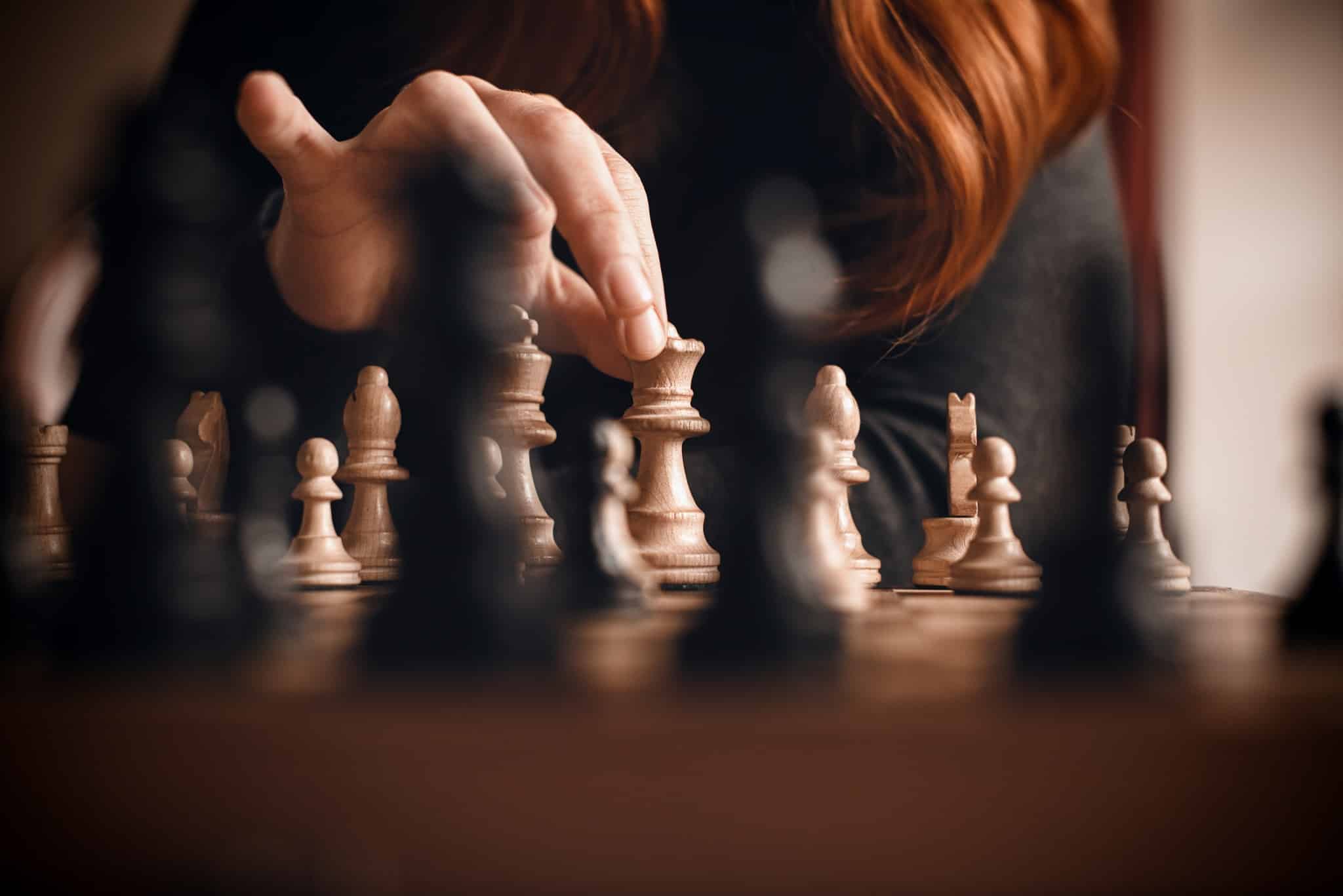
Nikon D750, Nikon 50mm f/1,4 AF-S NIKKOR G, 1/80s, f/2.8, ISO 400, focal length 50mm.
Don’t watch or follow things you don’t like. It’s counterproductive. If you actively follow photography that you consider bad, you are hindering your own growth. Comparing yourself to something you find inferior is pointless. You already know what you don’t like about your own work and can take the steps to change it. However, finding fault in others’ work won’t help you in any way. For this reason, follow photography that you consider better than yours. Never compare it to your photography, but rather hold on to everything you like about it.
Let yourself be inspired by other artistic mediums: painting, music, film, literature, knitting… You can later process it in your own way, as a photographer. You can let yourself be inspired by different experiences, whether they are beautiful evenings, a happy gathering, an interesting event, but also bad days or unpleasant experiences. Inspiration can be melancholic. It is often hidden in negative experiences. Here the inspiration can be very powerful but there is a price to be paid. All you have to do is leave your home and have a look around you. Everything you see can be the start of a creative idea if you look hard enough.
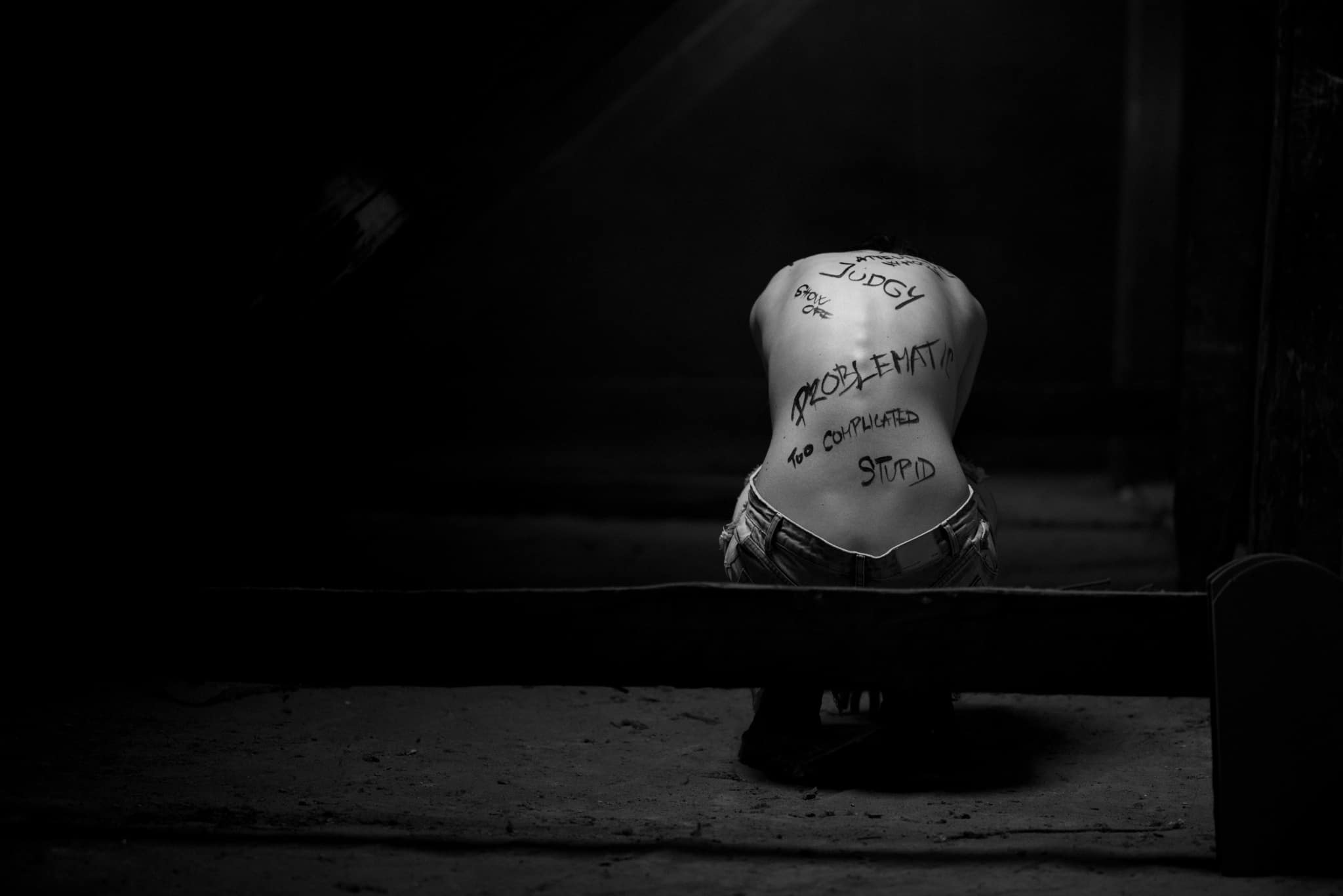
Nikon D750, Nikkor 105mm Ai-S f/2.5, 1/125s, f/2.8 (approx.), ISO 650, focal length 105mm.
Listen to your instincts
What exactly does it mean to follow your instincts? How can you follow your instincts, despite grumblings such as: “I should do this, I have to do that…I need to finish this….It would be better like this….And what will people think?”
Instinct is a type of gut reaction that doesn’t always make sense, but comes from inside you. It is not influenced by outside factors. Your instincts will tell you that if you plan to go out today, it may be a good idea to bring your camera along. That is instinct. Everything that follows this simple impulse is secondary: “But I’ve already got my shoes on…I would need to find my camera battery… I don’t want to change my lens…Maybe I’ll just take it on my mobile phone, nobody cares about my photography anyway…”
Your instincts won’t always help you make the right decision, but they are the one thing that is truly yours. And the fact that it may lead you astray from time to time is a sign that you are a normal person that can make mistakes and misjudge something. No one is perfect.
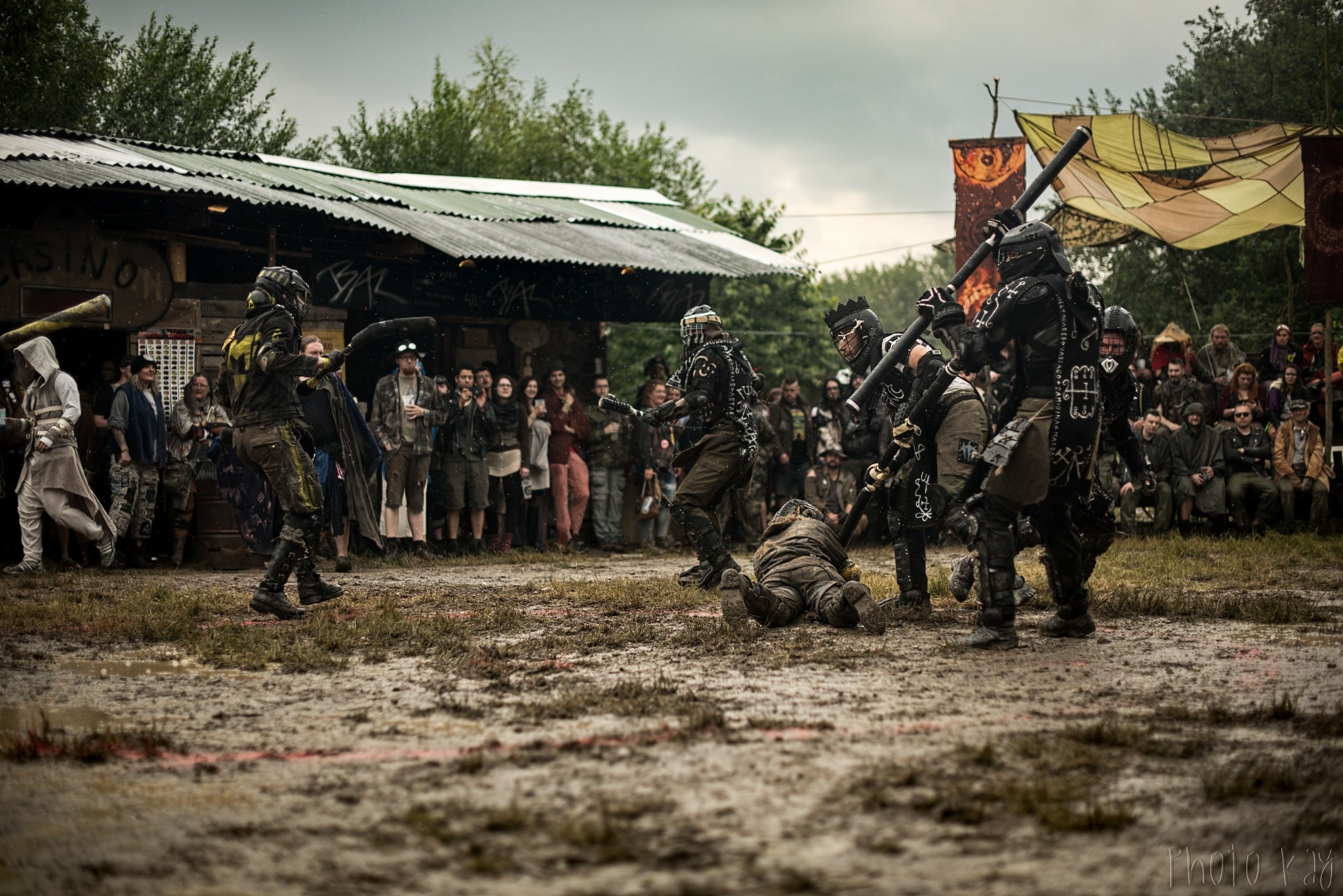
Nikon D750, Nikon 50mm f/1,4 AF-S NIKKOR G, 1/1600s, f/1.8, ISO 200, focal length 50mm.
Whether it’s the decision to bring your camera along with you on a walk, bring a flash with you for a photoshoot, photograph a particular model in a particular location, or heading out at 5 am to take pictures of the sunrise…learn to listen to your instincts and don’t be upset if you are lead astray. Learning from your mistakes is a valuable lesson too.
In closing
Human beings are very complicated individuals that function in different ways. But we share one thing in common. When something is wrong, it can almost always be fixed. And it’s important to acknowledge when you are searching for something. It isn’t incompetence on our part nor does it mean we are doing something wrong. It is a sign that change is necessary, some self-reflection, a step back, or a step forward.
Artists often get stuck. It isn’t always easy to create art. When you do photography or any other art form, you throw your whole self into it, which can be draining. And yes, photographers are artists. You are artists and simply doing what you love can be physically, mentally, and emotionally exhausting. Don’t be afraid to acknowledge when something is not right. You’ll soon be able to find your new path, take a break, and listen to your inner voice. You’ll soon be able to throw yourself into your photography once again with renewed energy!